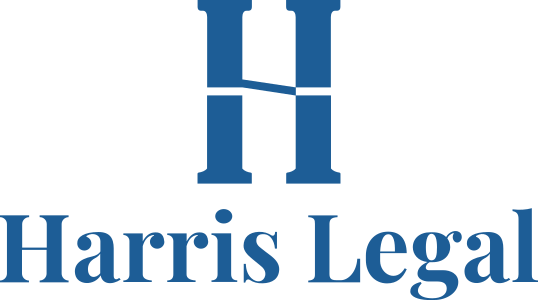Health Insurance Liens Simplified
Health insurance liens—what are they, and why are they important in personal injury litigation? A health insurance lien is a claim made by an insurance company for reimbursement of medical expenses paid on behalf of an injured person. These liens can play a significant role in determining what an injured person can meaningfully recover in a legal claim and even whether or not a case is pursued to begin with.
How Health Insurance Liens Work
Before diving into the complexities of health insurance liens and personal injury litigation, it’s essential to understand how liens work. Imagine you’re involved in a car accident in Davidson County, and you sustain injuries requiring immediate medical attention. Your health insurance company covers your medical bills, which total $50,000. You then sue the person who caused the accident and you’re awarded $100,000. In this scenario, your health insurance company may claim a lien on the $50,000 they paid for your medical treatment. This means that out of the $100,000 award, up to $50,000 would go to the insurance company to reimburse them for the medical bills they already covered. Why?
Are Health Insurance Liens Fair?
The idea is that you didn’t actually pay your medical bills—your insurance company did. Therefore, health insurance companies argue that it’s not “fair” for you to get paid back for bills you didn’t pay in the first place. The counter argument is that health insurance companies were already paid through the monthly policy premiums they collected. So why should they get to collect double? Nevertheless, lawmakers have decided in favor of the health insurance companies who get to claim liens for money they’ve paid.
Liens are Obstacles for Plaintiffs
It is important to note that not all health insurance plans can assert a lien and those that can may not be able to claim the full amount of what they paid. Nevertheless, liens can become a thorn in the plaintiff’s side. When a plaintiff has significant medical expenses—but does not have long-term injuries, lost income, or significant pain—the case might only revolve around medical bills. If the health insurance company can claim their full lien, then the health insurance company reaps the benefits of the litigation and very little is left for the plaintiff. Often, cases like this are not litigated at all because the potential benefit to the plaintiff is too small.
Liens are Bad for Defendants
If the plaintiff has serious injuries—not just medical expenses—large medical liens can be bad for defendants too, especially if they do not have enough insurance. If a defendant only has $100,000 in insurance, but the health insurance company’s lien is more than that coverage, the plaintiff may be forced to go after the defendant’s personal assets. Otherwise, the plaintiff and their lawyer basically end up as just bill collectors for the health insurance companies.
It’s Not All Bad News
But there is some good news—plaintiffs can often negotiate with health insurance companies for a reduction in the liens. While plaintiff’s lawyers often negotiate lien reductions themselves, there are also specialized law firms whose entire business is seeking lien reductions. In the future, we’ll be diving into how these liens differ depending on the type of health insurance, but hopefully this article has helped simplify this otherwise confusing concept in personal injury litigation.
Is there something we can help you with?
Fill out this form and we’ll reach out quickly to learn more about your situation. We’ll never pressure you. We’re just here to help you understand your rights. Keep in mind, we aren't your lawyers yet—so don't tell us anything that you would not want the other side to know!
The Hidden Financial Costs of a Serious Injury in North Carolina: What Your Personal Injury Claim Can Cover

Injured at a Chain Restaurant in North Carolina? Who’s Liable—Franchisee, Franchisor, or Both?
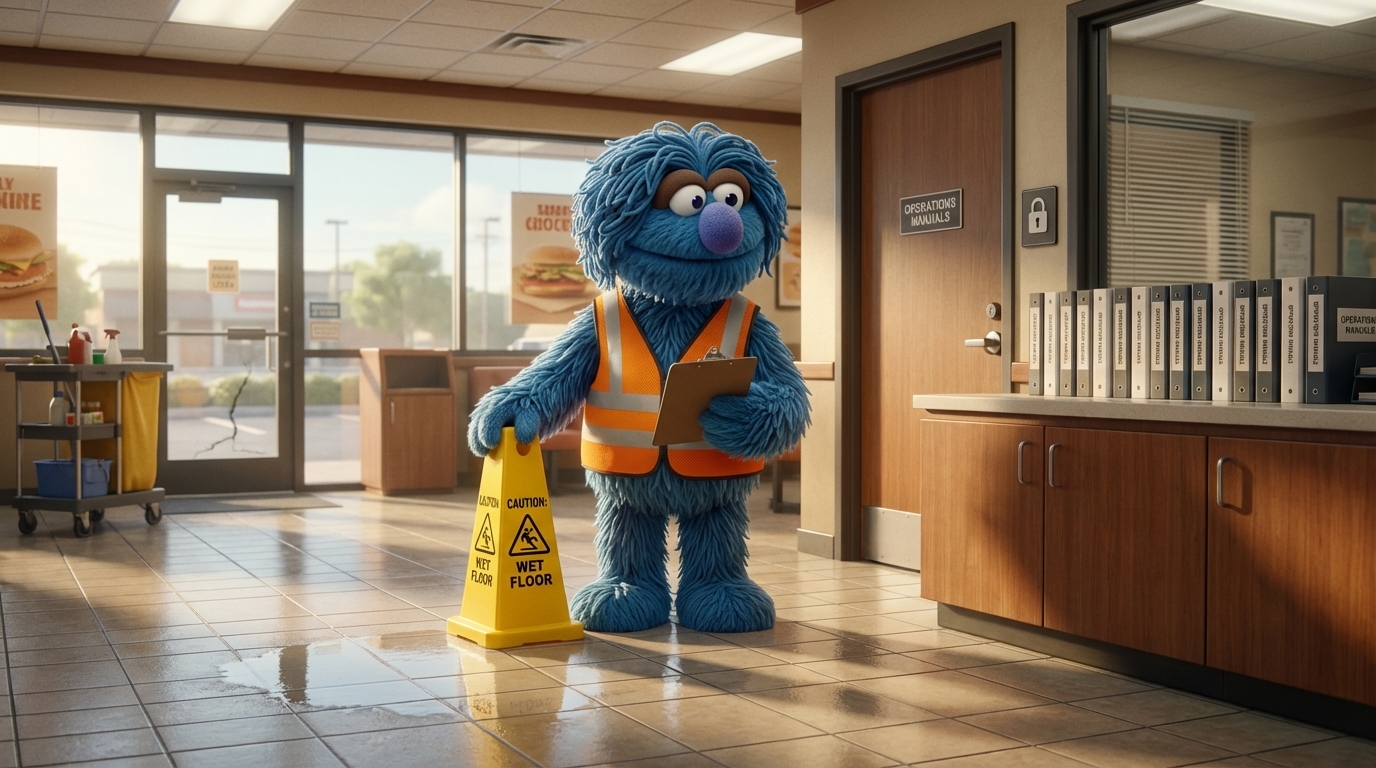
How Digital Evidence Can Make or Break Your North Carolina Personal Injury Case
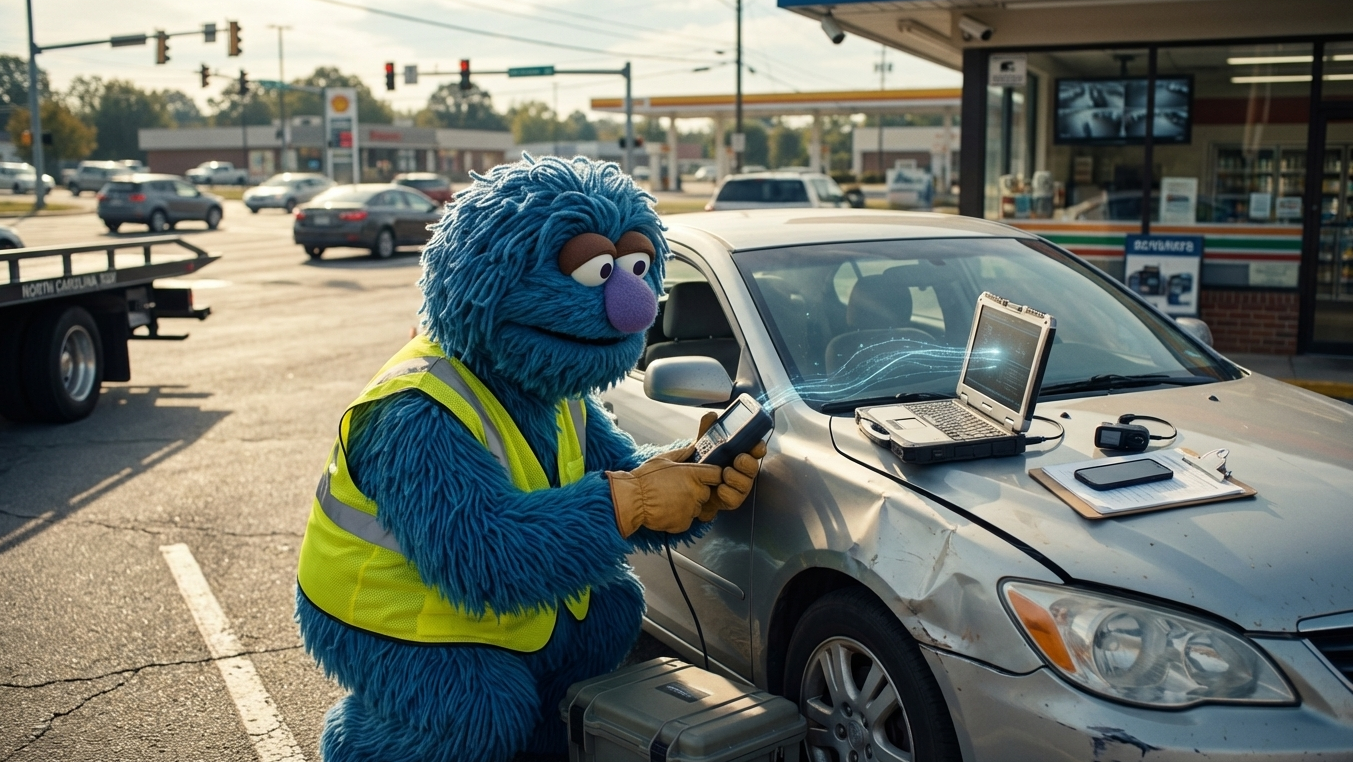
Wrongful Death vs. Survival Actions in North Carolina: A Clear Guide for Grieving Families

Injured with a Preexisting Condition? How North Carolina’s Eggshell Plaintiff Rule Protects Your Personal Injury Claim
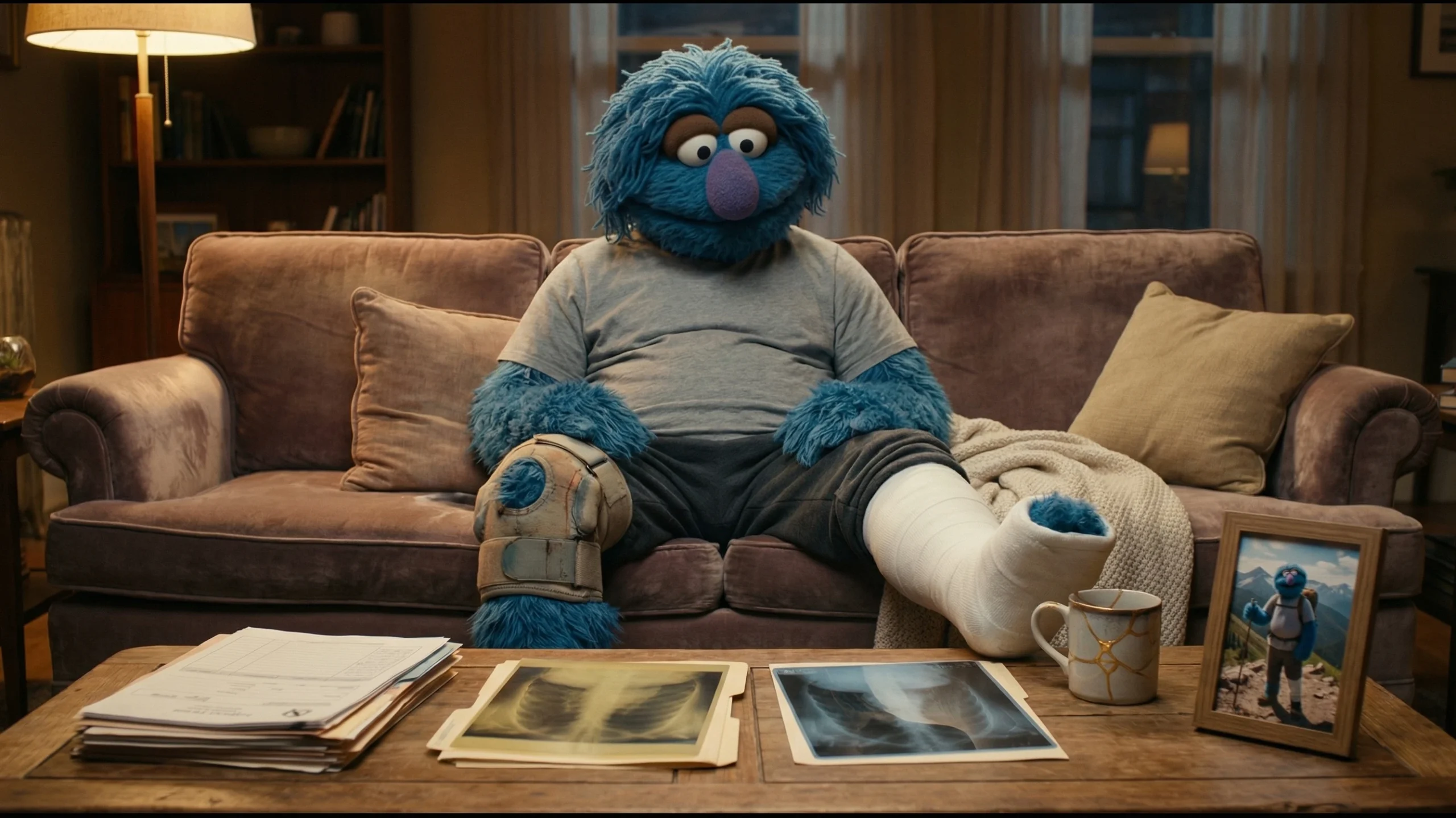
Health Insurance Liens Simplified
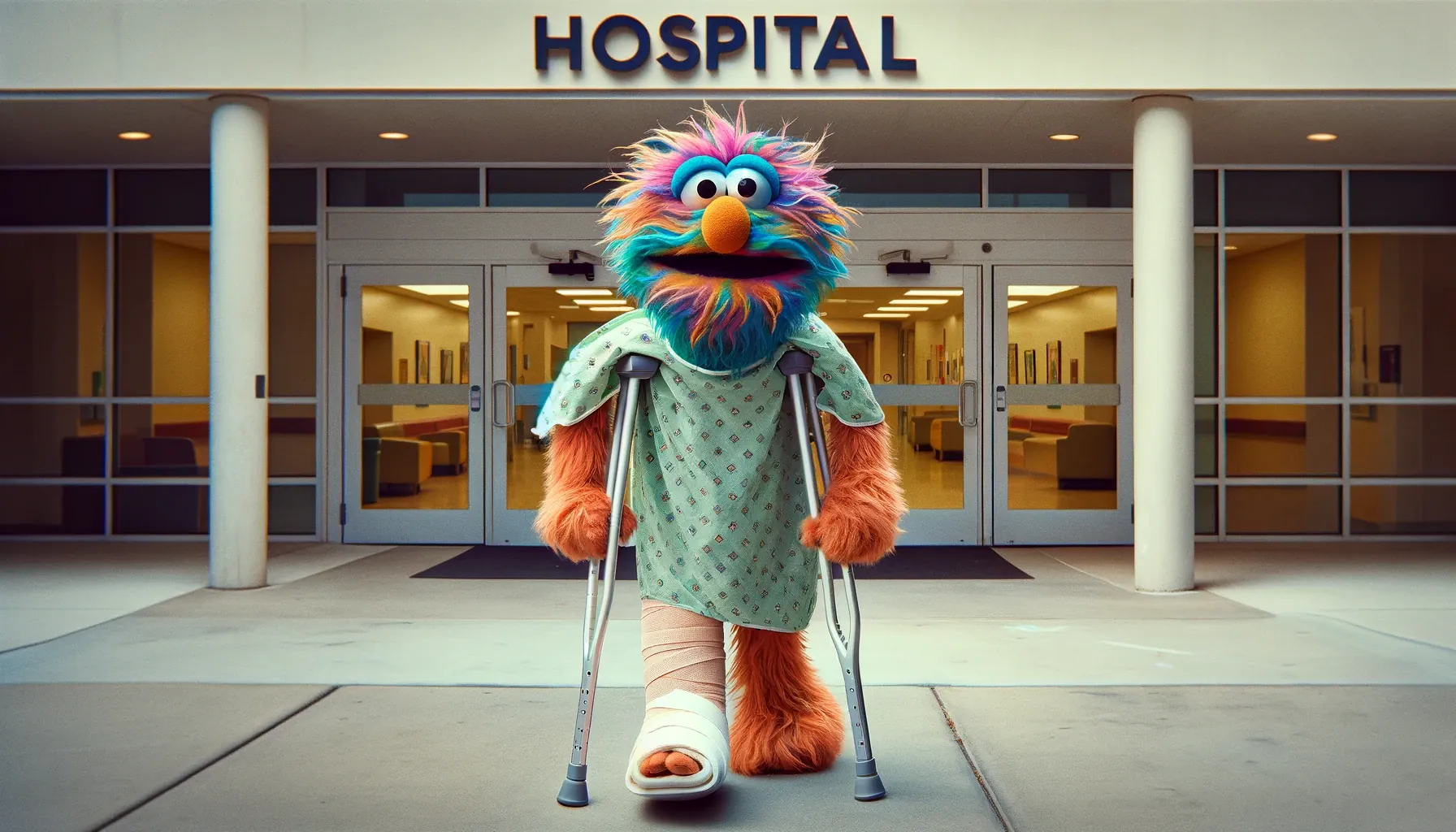
What to Do If You Think Your Doctor Has Made a Mistake

What Does it Mean to Hire a Lawyer On a Contingency Fee?

How to Choose the Right Personal Injury Lawyer: A North Carolinian’s Guide

Rule 9(j): The Gatekeeper of Medical Malpractice Cases in North Carolina

